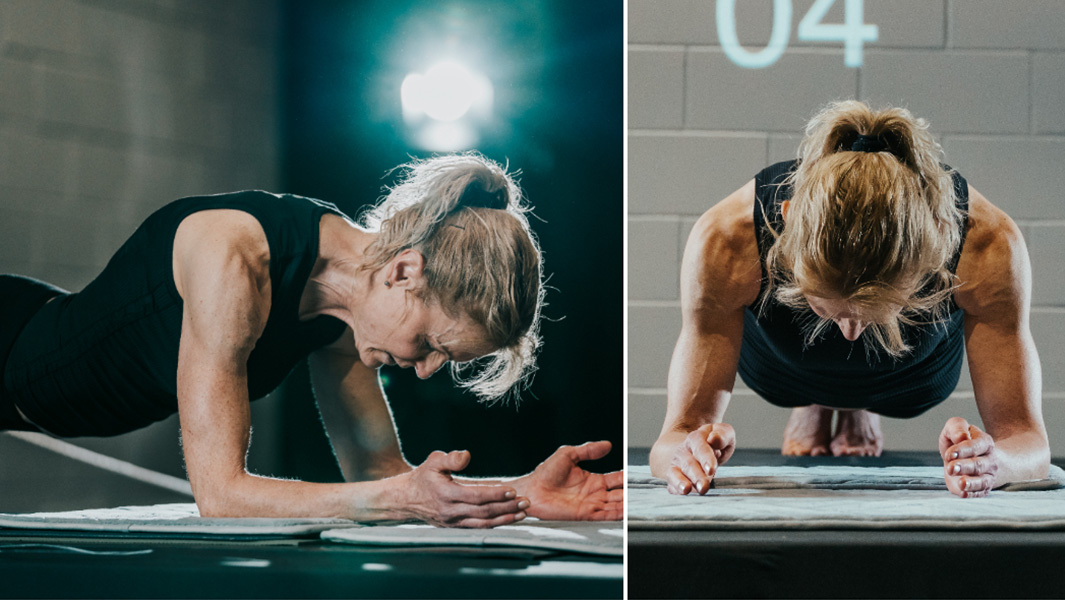First, let me say sorry this is so long. Secondly, I must point out that I am not a doctor, pain management specialist, physical therapist, or chiropractor but I can tell you I have been to them many, many times. I have/had neck, back, shoulder, and hip pain for years... from diving, competitive water skiing, snow skiing, and just using/abusing my body working around the house, lifting stuff (e.g. dive gear), or anything else that uses my muscles and joints. From all of that, I have and continue to learn an incredible amount.In 4 pages I didn't see a single post about what is probably THE most common cause of lower back pain and how to treat it.
Tight hamstrings with tight gluteus being another potential cause (butt pain being more common with the latter).
Strrretttcccccchhhhhhh. Regularly. Preferrably after a good 45 minute workout where the muscles are as loose as they're gonna get.
I totally agree that stretching is extremely important but it is just one aspect of lower back pain management. It is a very large oversimplification to say that the most common cause of back pain is from tight hamstrings and glutes. Beyond ham strings and glutes, even more important muscle groups are core muscles (transverse abdominis, obliques, and multifidus), back extensors, Piriformis, Hip Flexures (Psoas, TFLs) to name some.
Strengthening muscles is as, if not more, important than stretching. Strengthening the back related muscles is also key to keep all your joints "lined up" as a way to control the inflammation caused because they are not lined up (as opposed to over-use, sprains, etc.). You could also cause this non-alighnment by moving/lifting incorrectly or just bending over to pick up something on the floor. Sometimes, the joint moves such that it impinges on nerves and the inflammation increases and becomes chronic. For an acute or chronic situation you may need the help or a Physical Therapist or Chiropractor if the stretching/strengthening doesn't resolve the root cause.
In terms of the causes of back pain, a couple of really bad actors are Lumbar Spinal Stenosis and spinal disc issues. Both of these things occur as we get older. Most people (especially as we get older) have MRIs that typically come back saying there is this and that disc is herniated but that isn't necessarily a cause of any pain. Sure.. at some point it will cause pain if it goes too far. Lumbar spinal stenosis (LSS) is a common condition, especially as people age, where the spinal canal narrows, putting pressure on the spinal cord and nerves. Again, LSS may be diagnosed but it doesn't necessarily cause pain BUT when it does it could be really bad! I have first hand experience as it happened to me, big time. If you find you need to stand or walk bent over to keep you lower back from hurting you would be wise to see if you have LSS
I will summarize here and say:
- If you are having back pain you need to investigate and address the entire root cause, i.e., see all three people for help: Chiropractor, PT, and Orthopedist/back specialist (surgeon) in that order. Keep in mind that if you go to a barber for service you will get a haircut, if you go to an Orthopedist (surgeon) what do you think you will get? You may need surgery BUT there are many new procedures and techniques available and not all doctors are trained/aware of them. Most likely you don't necessarily need surgery and Chiropractic or PT would work.
TL;DR: An example was my terrible LSS. I went to a back specialist who said the only thing to be done was MAJOR back surgery (e.g. Laminectomy, Laminotomy, Foraminotomy, or Spinal Fusion) and I was told I would have to completely stop diving and waterskiing as a result... PLUS I was told it might not work! Stats say with these types of surgery 40% get worse, 30% get better, and 30% stay the same. I ended up getting a MILD procedure (Minimally Invasive Spinal Decompression) that relieved the stenosis. It is an out-patient, endoscopic procedure to remove the material protruding into the spinal canal which is the cause of the spinal narrowing.
- Understand the whole picture and ALL options open to you, not just a couple of stretches, strengthening some muscles, or a some procedure that may or may not be right for you. It may be your back that hurts but there are a large number of things that cause that and a large number of ways to address it.
- Again, I am not doctor, etc. but have had back (and other) pain for probably 60 of my 78 years. I still dive, water ski, and am generally in good shape and reasonably active for my age. Over all that time I have acquired a significant amount of knowledge and have kept my pain at bay whether it was acute or chronic.




